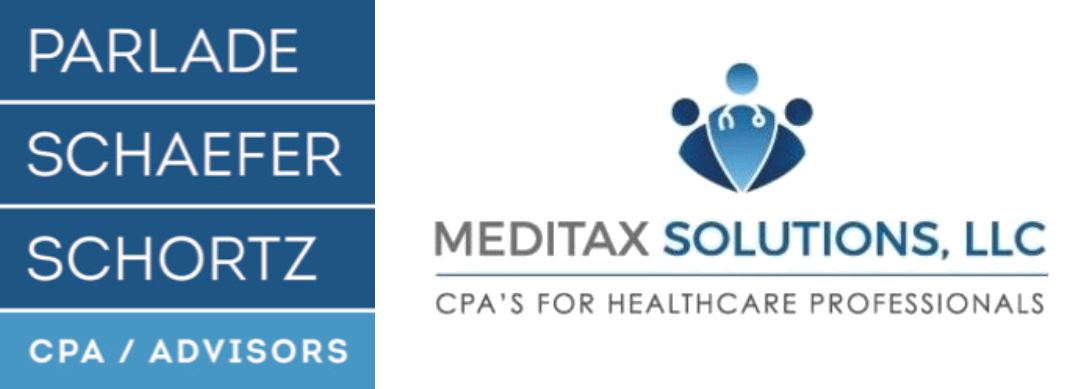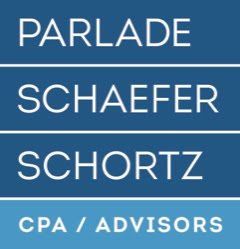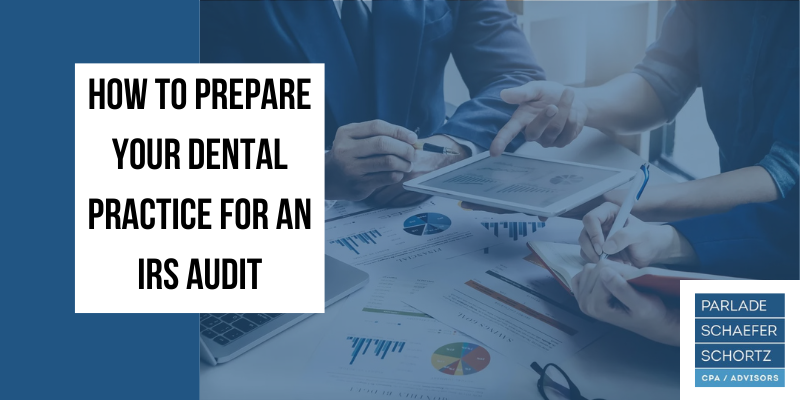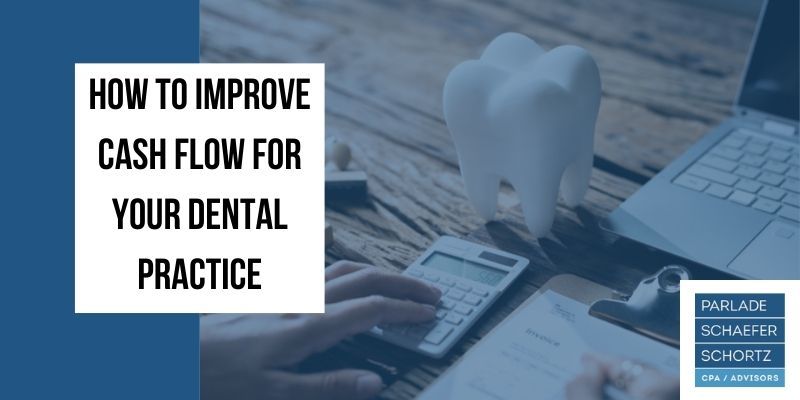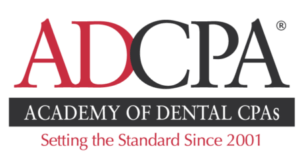Minimizing Tax Liability in Healthcare Practice Ownership
Owning a healthcare practice comes with many responsibilities, from providing quality patient care to managing day-to-day operations. However, managing tax liability is one aspect of practice ownership that often gets overlooked when tax season rolls around.
Taxes can represent a significant expense for healthcare practices, but with careful planning and strategic decision-making, practice owners can minimize their tax liability and keep more of their hard-earned revenue. So, what are practical strategies for reducing tax liability in healthcare practice ownership?
Minimizing Tax Liability: Structure Your Practice Wisely
The way your practice is structured can have a significant impact on your tax liability. Many healthcare practices operate as sole proprietorships, partnerships, S corporations, or limited liability companies (LLCs).
Each structure has its tax implications, so choosing the one that offers the most tax advantages for your particular situation is essential. For example sole proprietors, partnership, LLCs, and S corps are all considered pass through entities. Meaning all income and losses are passed through to owners and reported on personal income tax.
S corps avoid the double taxation of a C corp, but are unable to retain earnings like a C corp. S corps however unlike the other pass throughs can pay owner salaries reducing the self employment tax liability, and offers potential significant tax deductions.
Taxes and the best structures can be complicated, a business tax advisor can help you determine the optimal structure for your practice.
Minimizing Tax Liability: Take Advantage of Tax Deductions
Healthcare practices are eligible for various tax deductions that can help reduce taxable income. These deductions may include rent, utilities, equipment purchases, office supplies, employee salaries, and healthcare premiums.
By keeping detailed records of all business-related expenses and taking full advantage of available deductions, you can lower your taxable income and minimize your tax liability.
Minimizing Tax Liability: Utilize Retirement Plans
Contributing to retirement plans such as 401(k)s, SEP IRAs, or SIMPLE IRAs can provide significant tax benefits for practice owners. Not only do contributions to these plans reduce taxable income in the year they are made, but they also allow for tax-deferred growth on investment earnings until retirement.
Additionally, some retirement plans offer employer-matching contributions, further enhancing their tax advantages.
Minimizing Tax Liability: Implement Tax-Efficient Compensation Strategies
Carefully structuring your compensation can help minimize tax liability for practice owners and employees. Consider incorporating salary deferral, bonuses, profit-sharing plans, and stock options to optimize tax efficiency while attracting and retaining top talent.
Minimizing Tax Liability: Stay Current on Tax Law Changes
Tax laws constantly evolve, and staying informed about changes affecting healthcare practices is crucial for minimizing tax liability. Work closely with your tax advisor or accountant to keep up-to-date on relevant tax law changes, deductions, credits, and incentives that may benefit your practice.
By proactively adapting to changes in the tax landscape, you can position your practice to take advantage of available tax-saving opportunities.
Minimizing Tax Liability: Plan for Succession and Exit Strategies
Planning for the future succession of your practice or eventual exit from ownership can have significant tax implications. Implementing a well-thought-out succession plan can minimize taxes on the sale or transfer of your practice, ensuring you retain as much of your wealth as possible for retirement or other endeavors.
In conclusion, minimizing tax liability in healthcare practice ownership requires careful planning, strategic decision-making, and proactive tax management.
By structuring your practice wisely, maximizing deductions, utilizing retirement plans, implementing tax-efficient compensation strategies, staying informed about tax law changes, and planning for succession, you can reduce your tax burden and keep more of your practice's revenue working for you.
Consulting with a knowledgeable tax advisor will prove invaluable in navigating the complexities of tax planning for healthcare practices. We provide financial planning, tax services, and so much more for healthcare professionals. Our offices in Punta Gorda and South Miami, Florida, specialize in serving medical doctors' and dentists' financial planning and tax needs. We are here for you;
give us a call.
5975 Sunset Dr, South Miami, FL 33143
201 W Marion Ave, Punta Gorda, FL 33950

